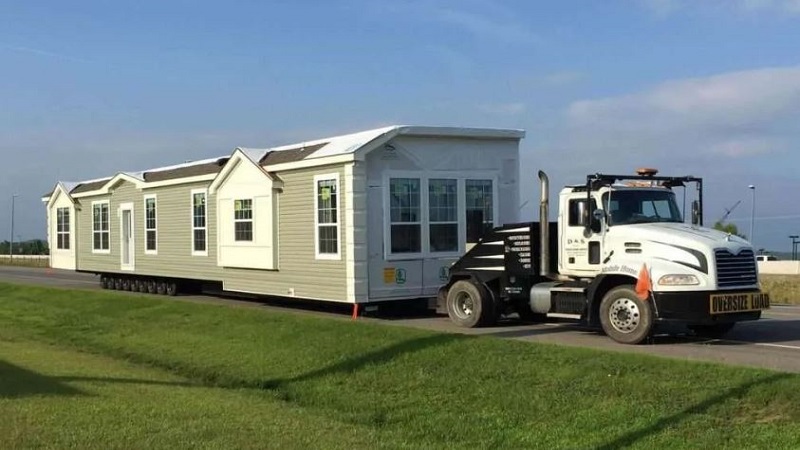Moving a mobile home involves more than just hitching it to a truck and driving to a new location. It requires careful planning, adherence to regulations, and securing the right permits. One of the critical steps in this process is obtaining a permit, which can vary in cost and requirements depending on several factors. In this article, we’ll explore the intricacies of obtaining a permit to move a mobile home, the factors that influence the cost, and some tips to manage the moving process efficiently.
Understanding the Need for a Mobile Home Moving Permit
Before moving a mobile home, it is essential to understand why a permit is necessary. Mobile homes, also known as manufactured homes, are large structures that, when transported, can pose significant risks to public infrastructure and safety. A permit ensures that the move complies with local, state, and federal regulations, and helps coordinate with various agencies to ensure the roadways are safe and ready to accommodate the oversized load.
Factors Influencing the Cost of Moving Permits
The cost of a permit to move a mobile home can vary widely based on several factors:
1. Location and Distance
- Local Regulations: Different states and municipalities have their own set of rules and fees for mobile home moves. For instance, urban areas might charge more than rural areas due to the higher regulatory burden.
- Distance of the Move: Moving a mobile home across state lines can increase the cost because it might require multiple permits from different states.
2. Size of the Mobile Home
- Larger homes, typically those that are double-wide or triple-wide, require more logistical planning and may incur higher fees. This is because they often require additional pilot vehicles and road closures.
3. Route Survey
- Some localities require a route survey before issuing a permit. This survey assesses whether the intended route can safely accommodate the mobile home without causing damage to roads or infrastructure.
4. Seasonal Restrictions
- Certain times of the year might affect the cost due to seasonal road restrictions or increased demand for moving services.
Typical Costs Associated with Moving Permits
While the cost of permits can range widely, here are some general figures to consider:
- Local Moves: For moves within a single jurisdiction, permit fees can range from $50 to $200.
- Interstate Moves: For moves that cross state lines, the total cost can be significantly higher, ranging from $1000 to over $1,0000, depending on the number of states involved and the complexity of the route.
According to Forbes, The cost of moving a mobile home can vary significantly depending on various factors such as the size of the home and the distance it needs to be transported. The minimum expense for relocating a mobile home starts at $5,000. On average, homeowners might expect to spend around $9,000 for such a move. In cases involving larger homes or longer travel distances, the costs can escalate, potentially reaching up to $13,000.
According to CostHelper, The cost of transporting a single-wide mobile home for up to 60 miles ranges from $700 to $1,000. For a double-wide, the cost is between $2,000 and $2,500, and for a triple-wide, it ranges from $2,600 to $3,500.
Obtaining the Permit: Steps to Follow
- Contact Local Authorities: Start by contacting the local building inspector or zoning office. They can provide specific requirements and costs for your area.
- Prepare Necessary Documentation: You might need to provide details about the mobile home, including its size, weight, and age, along with proof of ownership and insurance.
- Plan the Route: Determine the route in advance and check if any special accommodations are necessary (e.g., removing street signs or getting police escorts).
- Apply for the Permit: Submit all required documents and fees to the relevant authorities. Ensure you apply well in advance to accommodate any delays in processing.
Tips for a Smooth Mobile Home Move
- Hire Professional Movers: Professional movers who specialize in mobile homes will understand the nuances of obtaining permits and can often handle much of the paperwork for you.
- Check Insurance Coverage: Ensure that your insurance covers the move, particularly for any damage that might occur during transit.
- Double-Check All Details: Before the move, reconfirm the route, permits, and arrangements with any escorts or pilot cars.
Moving a mobile home can be a daunting task, but with the right preparation and understanding of the permit process, it can go smoothly. Remember that costs can vary, so it’s best to obtain quotes and information specific to your situation to ensure you are fully prepared for the expenses involved.
